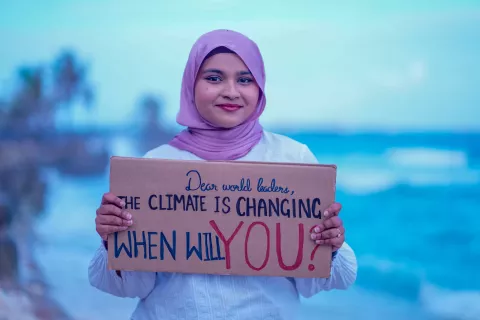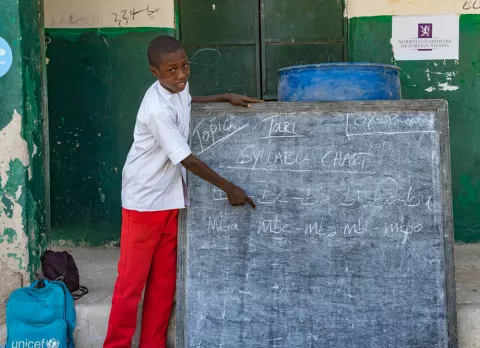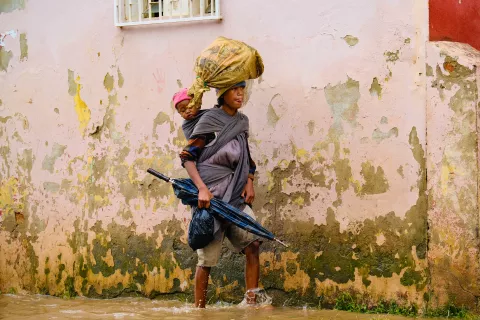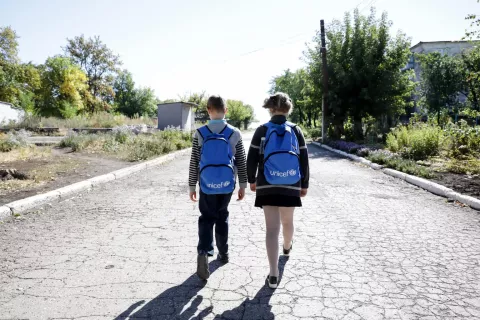I'm from Argentina, a country that has had many economic problems for as long as I can remember. According to a UNICEF Argentina study, two out of every three children in Argentina are poor or deprived of basic rights, which means there is many people living in low-income neighborhoods who cannot cope with heat waves or floods.
Clearly, the climate crisis must be a priority for my country, but currently, it has to repay a huge debt to the IMF. But, who owes whom? At some point, the debt is with us, the young people who are and will suffer the consequences of climate change. For young people living in countries experiencing this situation, climate financing is almost the only way not to be indebted for life. Not only because of the debt incurred by our countries but also because of decisions we didn’t make that have led us to experience the climate crisis.
Despite climate financing being a complex and technical subject, I believe that at the very least understanding why it’s important is not complicated. It’s as simple as something we are taught from a young age: if you break something, you have to take responsibility for it. The most developed countries became wealthy at the expense of emitting a lot of greenhouse gasses that caused changes in the climate system. The paradox is that they aren’t the only ones affected by this change; other countries that don’t pollute as much as they do are affected to an even greater degree. While there have been many promises, the full amount of promised financing has not yet been provided. Sometimes, it is even given in the form of loans and only for mitigation, neglecting the adaptation that is crucial in poorer countries.
Climate financing is essential so that less-resourceful countries can adapt to the impacts of climate change that we are already experiencing today, and at the same time, decarbonize their economies. It’s not a matter of being “good-hearted” and lending a hand to a friend; it’s simply about fulfilling their obligation to pay for what they have damaged in others.
Nicole Becker, 22, is an environmental activist and one of the founders of Jóvenes por el Clima, Argentina.
This essay was originally published in The climate-changed child (2023), a UNICEF report that examines water scarcity and water vulnerability.





